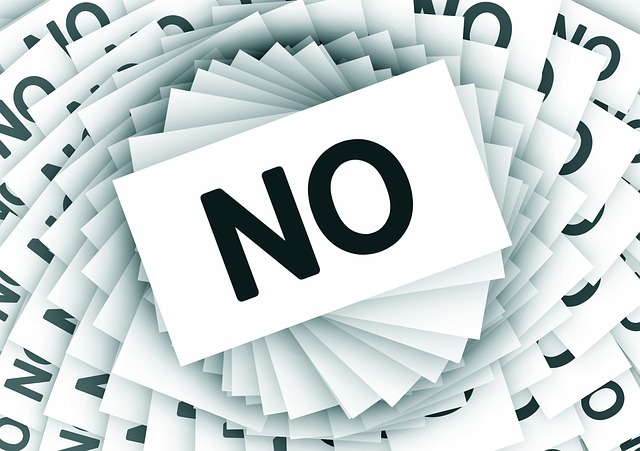For several years now, we’ve heard the debate from certain politicians and poker advocacy groups that banning online gambling in the United States on a federal level would be acceptable, so long as a carveout is provided for online poker. It’s a shiny eggshell that looks pleasing from the outside, but the yolk within reveals the stark reality that such a plan would never make it into US law books.
There are plenty of reasons why a federal online poker carveout doesn’t make sense, first and foremost being that online casino games like slots, blackjack and roulette are the real moneymakers of the iGaming industry. Just take a look at the annual revenue reports from New Jersey and Delaware, where both online poker and casino gambling is already legal, and the evidence is blatantly clear.
[showSites]
For the month of December 2014, the New Jersey online gambling revenue report indicated that online poker (peer to peer) games generated $2,059,213, while the online casino (other authorized games) win totaled $8,676,905; a sum of $10,736,118. Not bad for a single month of iGaming activity, but comparatively speaking, online poker only contributed to 19.18% of that revenue.
The same can be said in Delaware, where December 2014 revenue reports showed online poker bringing in $28,589.38; just 16.86% of the total $169,606.65 generated from iGaming. Online casino games accounted for the other 83.14%, netting $141,017.27.
Clearly, the population gap between New Jersey (est. 9 million) and Delaware (est. 0.9 million) isn’t to blame. So anyone planning to argue that Delaware’s totals aren’t genuine representations can throw that rough draft speech in the waste basket right now.
A trickle effect of limited revenue is that not many operators are going to support a federal iGaming ban with a carveout for online poker. They won’t stand to make nearly as much profit, therefore most wouldn’t bother spending a great deal of effort and money in lobbying efforts.
Political support will be just as hard to garner. Only three such bills have ever been drafted; two by Representative Joe Barton (R-TX) in 2011 (HR 2366) and 2013 (HR 2666), and one by then-Senate Majority Leader Harry Reid (D-NV) in 2012. Barton got the most support in 2011 with 30 co-sponsors, but it wasn’t nearly enough to get the ball rolling. Reid never bothered to introduce his bill due to an overwhelming lack of support, and Barton’s second attempt was more of an embarrassment, harvesting the signature of just one co-sponsor.
I could continue listing reasons, but instead I’ll leave my readers with one final and extremely important fact that will prevent a federal internet gambling ban with an online poker carveout from ever passing into law. Americans who still crave the online casino experience—and there are potentially millions of them—will continue to fill that void by visiting unauthorized, offshore websites.
One of the main points in every internet gambling bill that has been proposed on a state or federal level has been to protect consumers. A prohibition of online gambling, with or without an online poker carveout, is not going to accomplish much in that regard. Therefore, once again, we will see very little support for such a bill.
